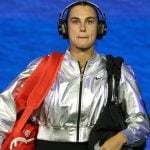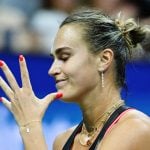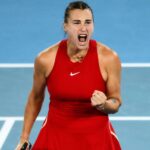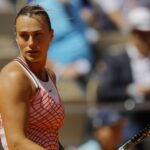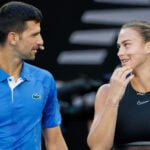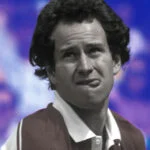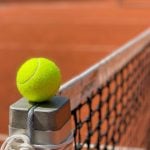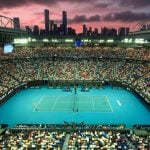Sabalenka’s ultimate triumph: the battle of the mind
After two humbling final defeats in 2025, Aryna Sabalenka took control of her own destiny and her psyche, marking the second time in her career she had to become her own master of the mind
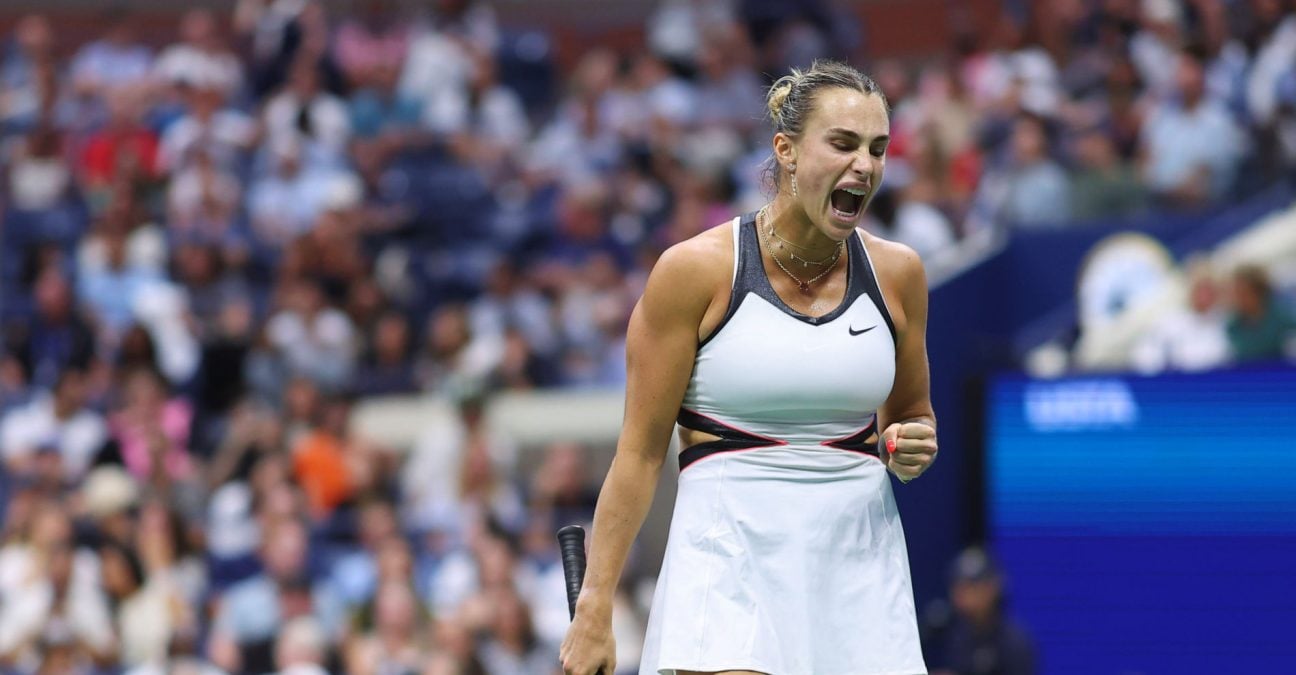 Aryna Sabalenka, US Open 2025 | © Antoine Couvercelle for MTG
Aryna Sabalenka, US Open 2025 | © Antoine Couvercelle for MTG
If you had any doubts about tennis being a mental sport, Aryna Sabalenka’s journey through the 2025 Grand Slams – and perhaps her entire career – was a masterclass in the concept. After a blistering start that saw her reach two Grand Slam finals at the Australian Open and above all, Roland-Garros, she found herself on the losing end, experiencing a humbling taste of self-destruction.
This could have derailed a lesser competitor, but as the world No. 1 explained in her press conference after winning the final against Anisimova, she instead used those setbacks as a foundation. They became a springboard to build a new, unshakable mental fortress, ultimately leading to a successful title defense and a different kind of triumph – one of the mind.
Sabalenka’s journey is a fascinating case study in self-discovery. Tennis fans may recall the 2019-2022 period when she was known for her “emotional volatility” and “all over the place in [her] thoughts,” as she put it. She even considered quitting tennis due to her inability to stop a string of double faults.
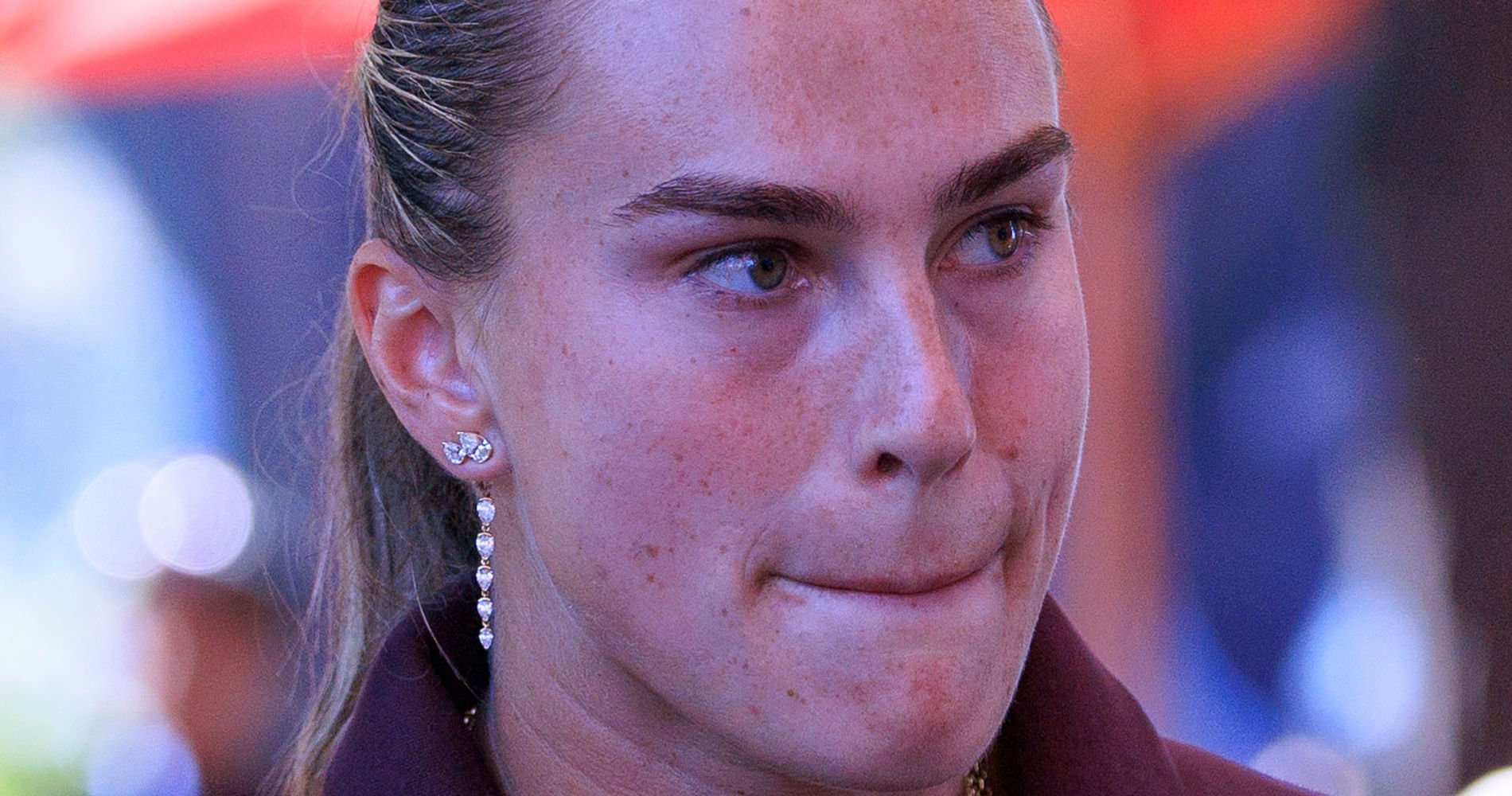
“My own psychologist”
Her initial approach to these struggles was a familiar one: seek professional help. “I’ve been working with psychologists for four or five years, and she helped me a lot,” she reflected. Her psychologist provided a crucial early framework, instilling the belief that “everything is possible as long as you put the work in and you dedicate your time life for your dream.” This support system was essential in her formative years on tour, helping her to understand the connection between hard work and success, much like a student relying on someone to help do my paper when deadlines loom.
However, as Sabalenka matured as a player and a person, she began to recognize a potential pitfall in this reliance. She felt she was ceding too much control, expecting her psychologist to “fix” her and provide all the answers. “I wasn’t really taking the responsibility over my actions,” she admitted, making the same mistakes and becoming frustrated when the help didn’t provide an immediate solution.
This realization led to her famous “I’m my (own) psychologist” press conference after her semifinal win at the 2023 Australian Open, just two days before her first major trophy and some weeks after her decision to stop relying on the therapist. This turning point saw her decide to take full ownership of her mental game, to “figure it by myself, by like, thinking, like, you know, like analyzing and understanding myself better.” This was a bold and risky move, but one that ultimately proved to be the right one.
Into the Magic shop, her best reading
The lessons from her two 2025 Grand Slam final losses were particularly acute. After the Australian Open, she initially tried to simply “forget it and move on.” But when a similar outcome repeated itself at the French Open with a very public on-court crisis, she knew a different approach was necessary. “After French Open, I figured that: ‘Okay, maybe it’s time for me to sit back and to look at those finals and to maybe learn something, because I didn’t want it to happen again and again and again.’” This self-imposed moment of introspection was the crucible in which her winner’s mentality was forged.
During a trip to Mykonos, she found an unlikely guide in a renowned neurosurgeon James Doty’s best-seller memoir, Into the Magic Shop. The book, which she discovered through recommendations from friends, offered a unique perspective on the brain and how to control one’s emotions. It wasn’t a manual of psychological jargon, but a “real story that resonated deeply.”
As she read, Sabalenka had a profound realization about her previous finals: she had allowed her emotions to take control. “I sort of didn’t expect players to come out there and to fight, you know,” she confessed. “I thought that everything gonna go easily my way, which was completely wrong mindset. I thought that, okay, if I made it to the final, it means that I’m going to win it.” This sense of entitlement led her to underestimate her opponents and lose her focus on the fight.
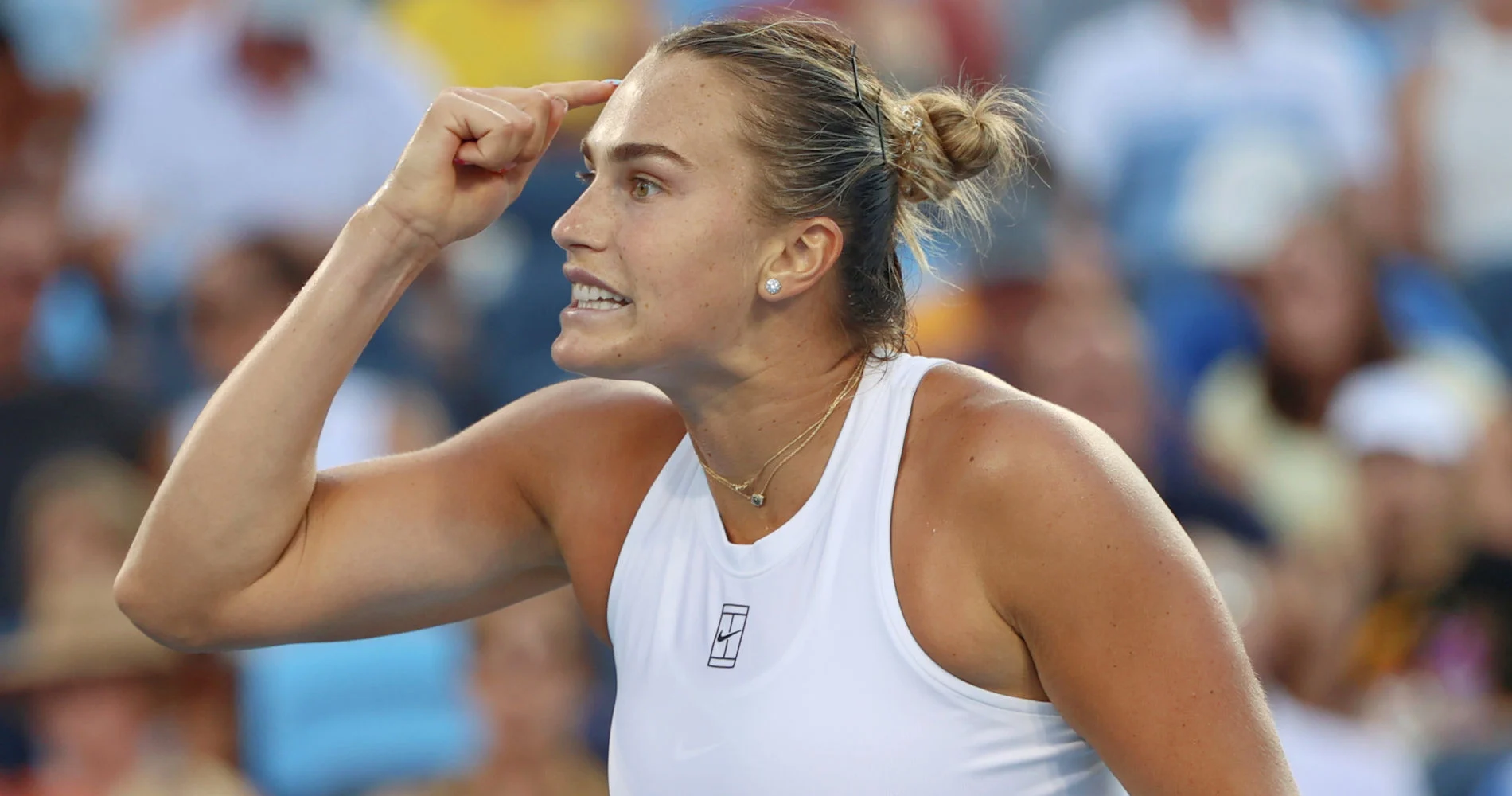
I decided for myself that I’m going to control my emotions.
Armed with these insights, Sabalenka approached the US Open final with a new set of principles. The goal was no longer just to win, but to master her own mind. “I decided for myself that I’m going to control my emotions. I will not let them take control over me,” she declared. She knew her opponent would be fighting with all her might, and instead of being surprised, she prepared for it. “My mindset was just going out there. Fight for every point. Doesn’t matter of the situation. Just focus on myself and focus on things that I have to do to win the match.”
Sabalenka “close to lose it”
This newfound control was tested repeatedly during the match, especially at 5-4 in the second set when she missed a smash that would have put her one point away from a 6-3, 6-4 win. “I was really close to lose it,” she admitted. But this time, instead of spiraling, she took a deep breath. She acknowledged the mistake, put it in the past, and reset for the next point – and the next few games that were required to win the match. This ability to absorb a setback and immediately move on was a direct result of her mental training.
“This victory felt like I had to overcome a lot of things to get this one,” Sabalenka said. The title defense was proof that her hard work had paid off, but the truly satisfying part was the internal triumph. “It means a lot to defend this title and to bring such a great tennis on court and to bring the fight and be able to handle my emotions the way I did in this final. It just, you know, it means a lot. And I’m I’m super proud right now of myself.” That’s what tennis is all about at the end.

